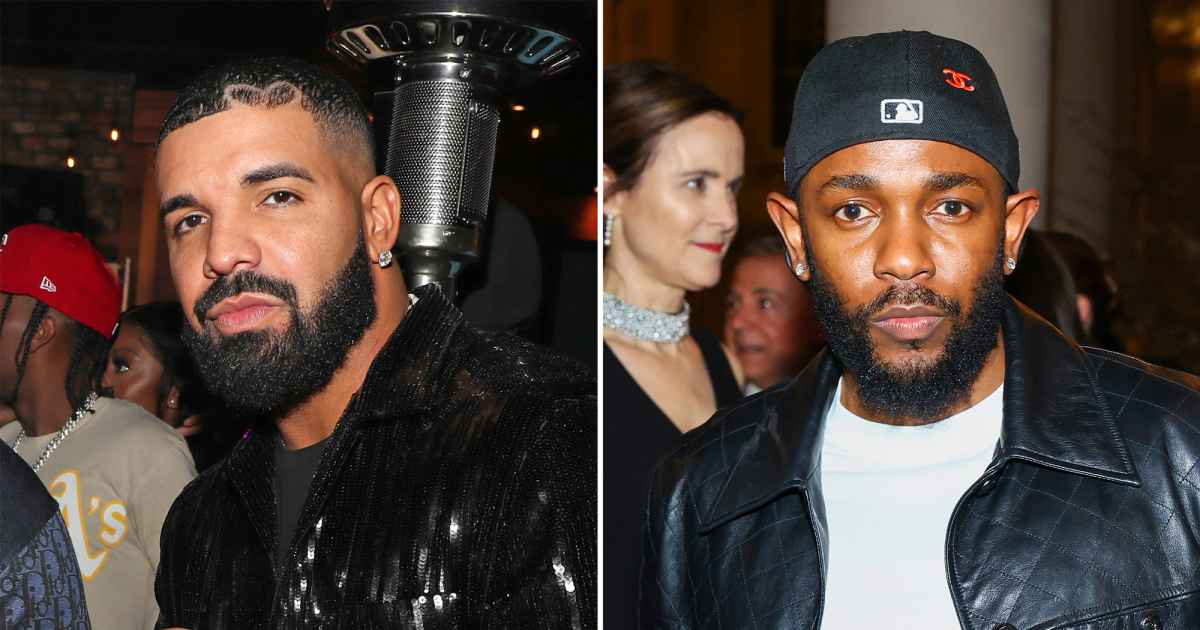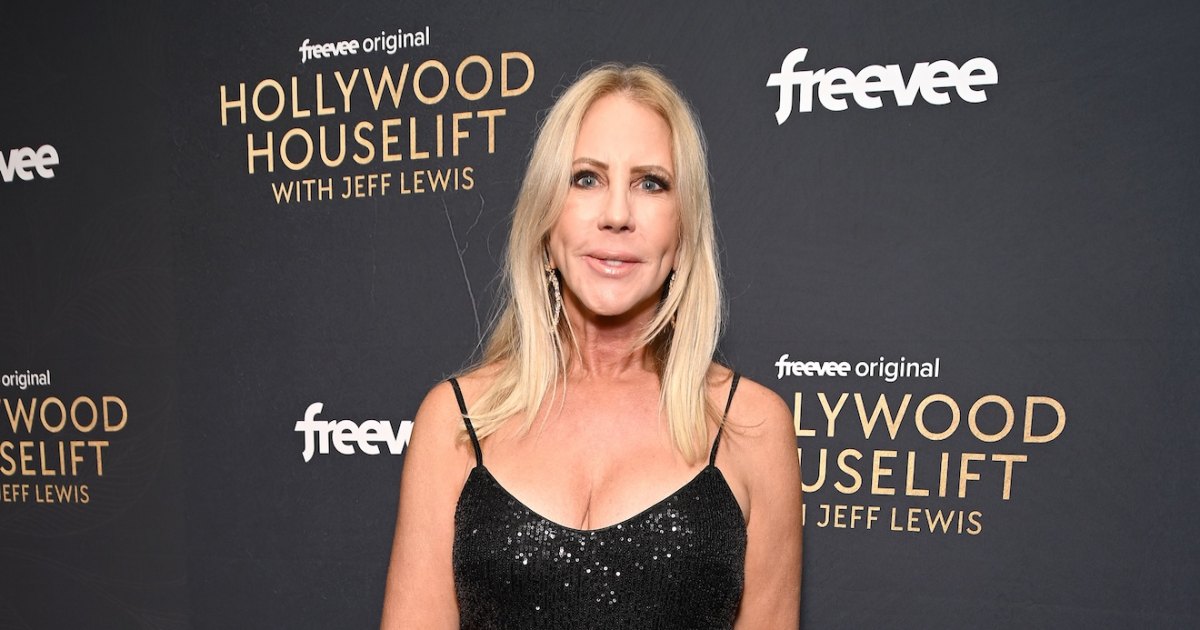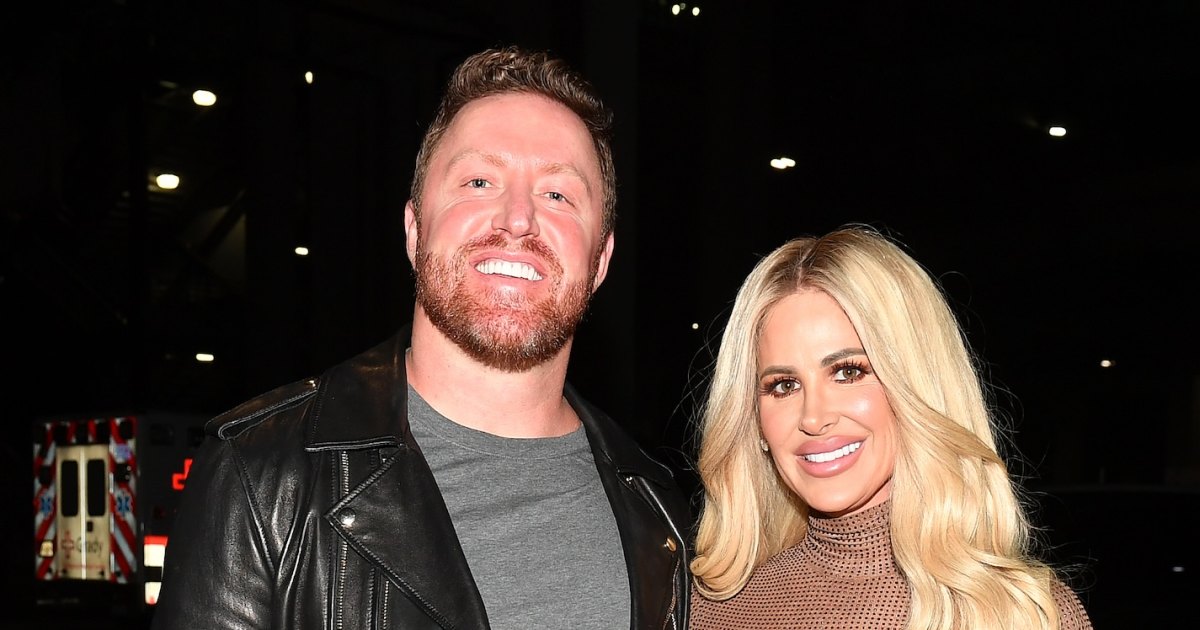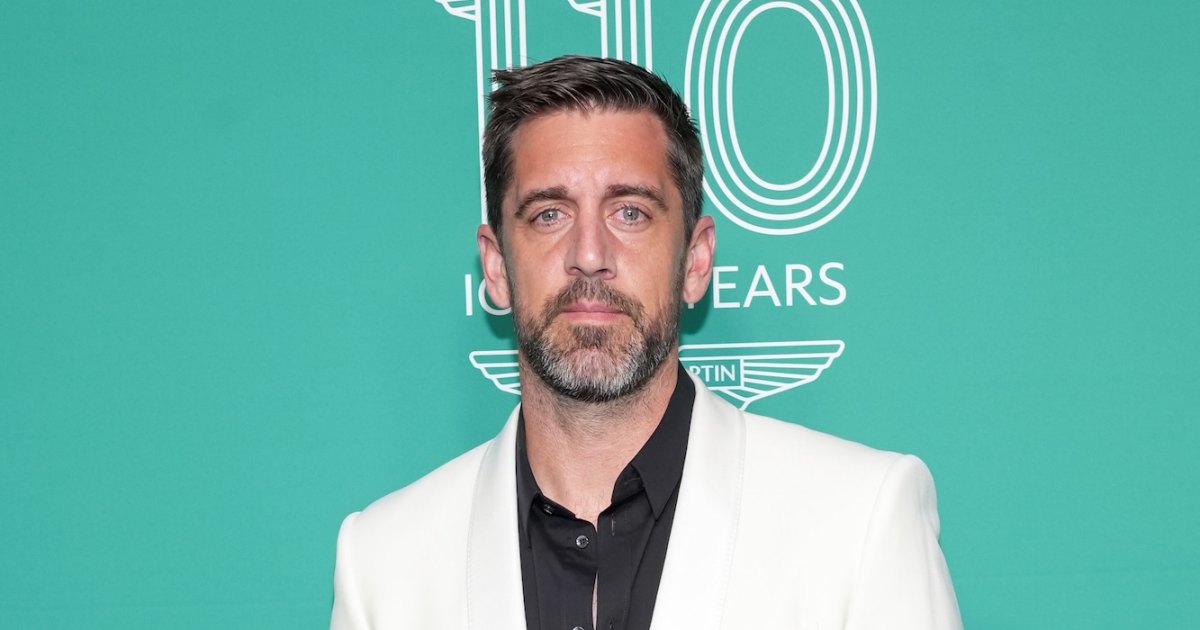Drake, Kendrick Lamar Jerritt Clark/Getty Images; Arturo Holmes/MG23/Getty Images
The summer of “Not Like Us” has come and gone, but the Kendrick Lamar diss track is apparently still getting under Drake’s skin.
Drake, 38, has initiated legal action claiming that Universal Music Group and Spotify conspired to “artificially inflate” the popularity of “Not Like Us,” which accused Drake of sexual misconduct and cultural appropriation.
“UMG … conspired with and paid currently unknown parties to use ‘bots’ to artificially inflate the spread of ‘Not Like Us’ and deceive consumers into believing the song was more popular than it was in reality,” Drake’s attorneys wrote in a petition filed in Manhattan court on Monday, November 25, and obtained by Billboard. “UMG did not rely on chance, or even ordinary business practices. It instead launched a campaign to manipulate and saturate the streaming services and airwaves.”
The Canadian rapper’s lawyers accused UMG — which is also the parent company of Drake’s record label, Republic — of deceptive business practices and false advertising. The filing also claims UMG violated the Racketeer Influenced and Corrupt Organizations Act, the federal statute known as RICO that is used in criminal cases against organized crime.
The filing lists several methods UMG allegedly used to popularize “Not Like Us” in addition to hiring bots, including paying influencers to boost the song and charging Spotify reduced licensing rates in exchange for recommending the song to users searching for “unrelated songs and artists.”
The document also accuses UMG of paying Apple to have Siri “purposely misdirect” users to Lamar’s track. (Apple is not named as a respondent in the petition or accused of any wrongdoing.)
“Online sources reported that when users asked Siri to play the album Certified Lover Boy by [Drake], Siri instead played ‘Not Like Us,’ which contains the lyric ‘certified pedophile,’ an allegation against Drake,” claimed Drake’s legal team.
UMG vehemently denied Drake’s claims in a statement to Billboard, telling the outlet: “The suggestion that UMG would do anything to undermine any of its artists is offensive and untrue. We employ the highest ethical practices in our marketing and promotional campaigns. No amount of contrived and absurd legal arguments in this pre-action submission can mask the fact that fans choose the music they want to hear.”
Drake’s filing is not a lawsuit but rather a “pre-action” petition, which is a procedure that aims to gather information before the filing of a suit. His lawyers claim he tried to discuss the matter with UMG before taking legal action but allege the company had “no interest in taking responsibility for its misconduct.” Instead, the filing accuses UMG of actively trying to hide its actions, including by firing employees “perceived as having loyalty to Drake.”
Lamar, 37, released “Not Like Us” as part of a series of diss tracks he and Drake exchanged amid their ongoing feud. The song was both critically and commercially successful, peaking at No. 1 on the Billboard Hot 100 and earning five nominations at the 67th Annual Grammy Awards.






